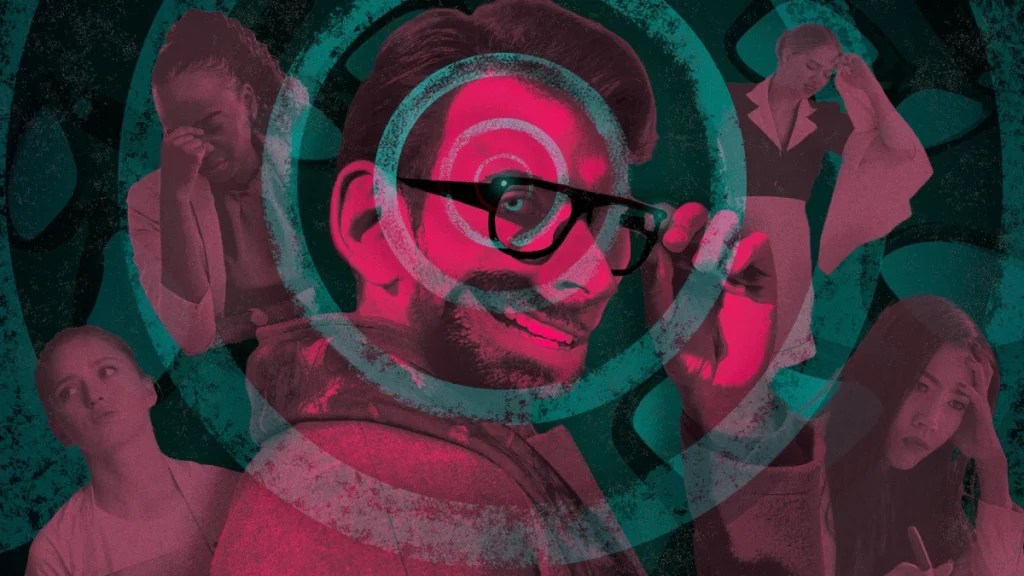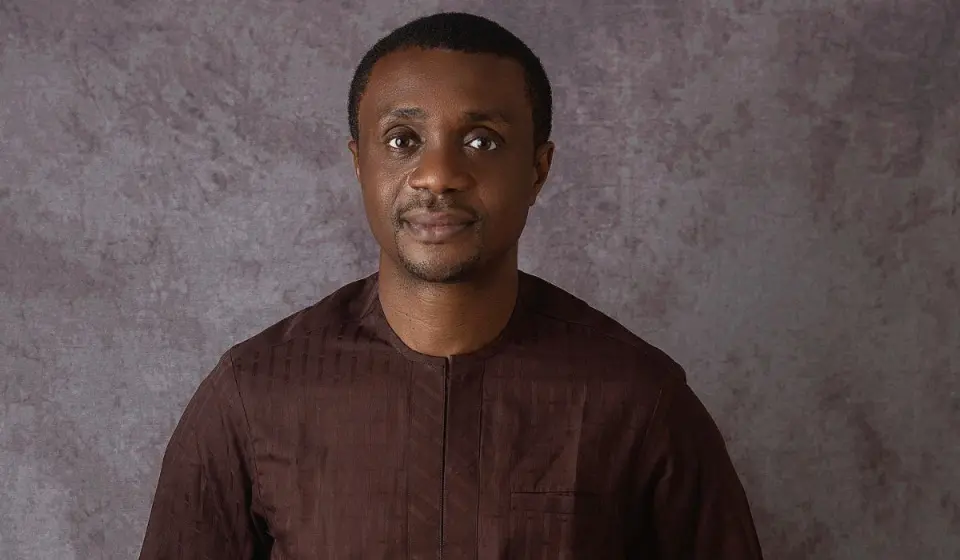Geneva – The United Nations (UN) has expressed deep concern over the reports of at least 20 Sudanese women and girls being abducted and held in inhuman and degrading conditions. Liz Throssell, the UN Human Rights spokesperson, highlighted the urgency to release the captives and provide them with essential medical and psychosocial support.
Throssell revealed that these women and girls are allegedly being forcibly married and held for ransom in areas of Darfur controlled by the Rapid Support Forces (RSF). Credible information suggests that over 20 victims have been taken, although the actual number could be higher.
Witnesses have reported seeing women and girls in chains on pick-up trucks and in cars. These initial allegations arose early in the conflict in the Khartoum area, which remains largely under the control of the RSF.
Since the onset of hostilities in Sudan on April 15, over 105 people have fallen victim to sexual violence. The UN spokesperson reiterated the calls of former High Commissioner Volker Turk, who strongly condemned these abhorrent acts. Prompt release of the abducted women and girls was urged.
The condemnation of sexual violence in Darfur has been echoed by various international actors. The US State Department expressed concern over the numerous reports of rape, gang rape, and other forms of gender-based violence against women and girls in West Darfur and other regions.
The ongoing fighting in Sudan has displaced an estimated 5.8 million people from their homes. The UN Office for the Coordination of Humanitarian Affairs (OCHA) warns that over four million women and girls are at risk of sexual violence across Sudan. However, obtaining accurate data on the number of assaults is challenging due to connectivity issues and fear of reprisals preventing survivors from coming forward.
In response to these alarming incidents, two women’s campaign groups, the Darfur Women Action Group and the Strategic Initiative for Women in the Horn of Africa (SIHA), have documented cases of women being kidnapped by the RSF for ransom. They expressed disappointment in the lack of support from Sudanese politicians and the administration, emphasizing the urgent need for assistance to women, girls, and civilians in Greater Khartoum.
The SIHA network, comprised of women activists from Sudan, Ethiopia, and Somaliland, called upon international and regional actors to advocate for safe spaces where survivors of sexual violence can receive vital medical services, including rape kits and HIV Post-Exposure Prophylaxis (PEP) kits. They also urged for the provision of necessary care without the risk of retaliation from the RSF.
It is crucial for international and regional actors to provide funding for medical supplies, ensuring that survivors of sexual violence in Sudan receive the support they urgently need.
Media Talk Africa



